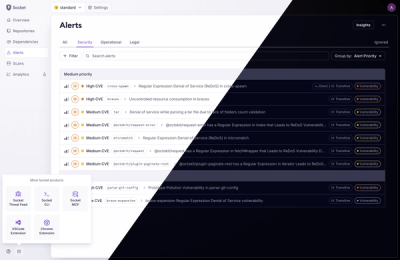OpenXR for Ruby



OpenXR.rb implements Ruby bindings for OpenXR
1.0,
the open standard and cross-platform API for virtual reality (VR) and
augmented reality (AR) hardware.
Installation
$ gem install openxr
Prerequisites
Examples
Loading the library
require 'openxr'
Listing extensions
OpenXR::Extension.each do |extension|
puts [extension.name, extension.version].join("\t")
end
Creating an instance
OpenXR::Instance.create($0) do |instance|
...
end
Development
We recommend Debian 11 (aka Bullseye)
as a development environment. If you're on a Mac, you can run Debian in a
virtual machine using VMware Fusion
or VirtualBox.
Install the Debian packages for the OpenXR SDK's loader as follows:
$ apt install libopenxr-loader1
That's the only required package, but find related packages of interest using:
$ apt search openxr
In addition, you will need an OpenXR runtime for your hardware. In the
absence of suitable vendor-supplied runtimes, have a look at the open-source
Monado project which supports many common
devices.
See Also



